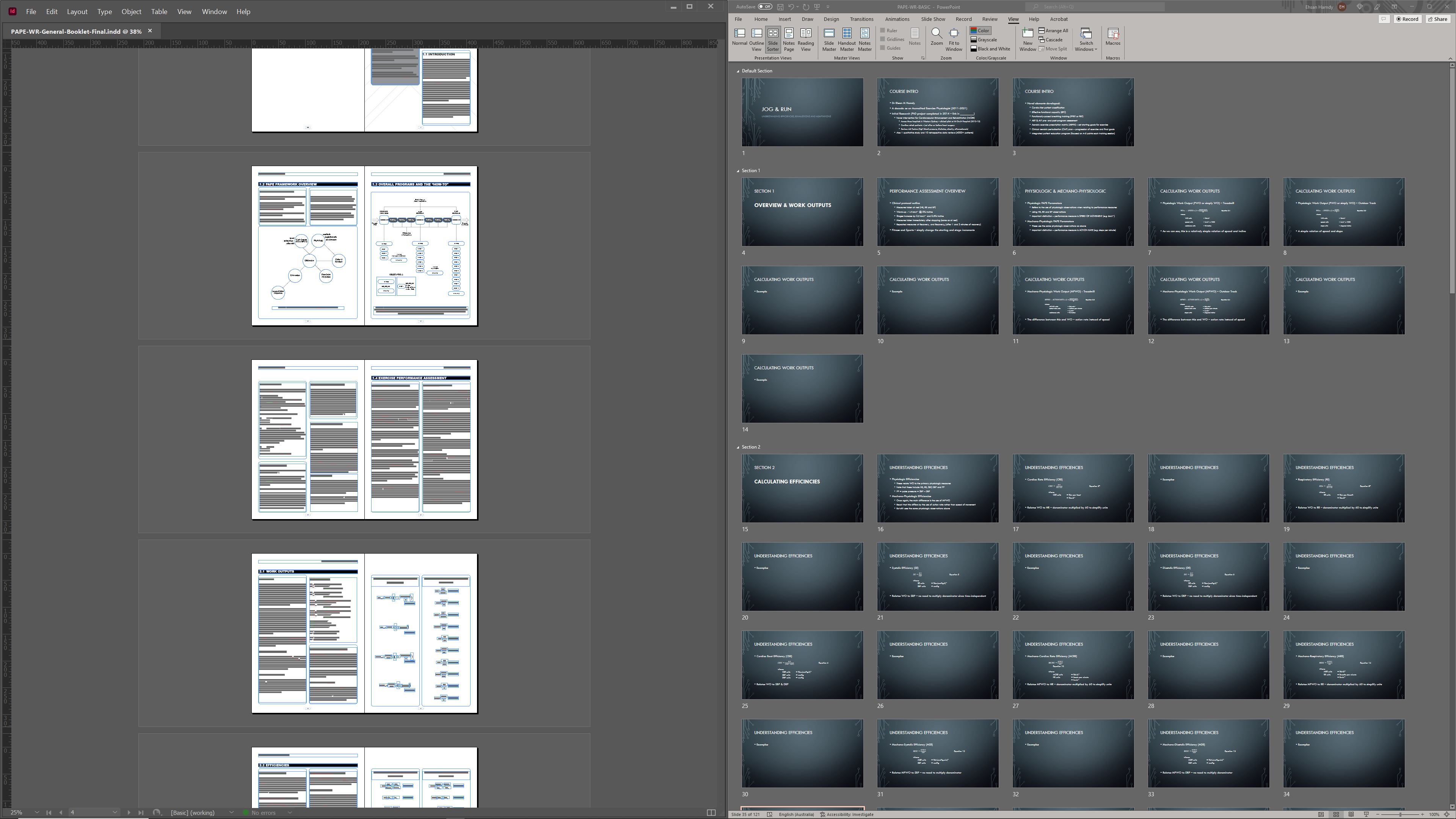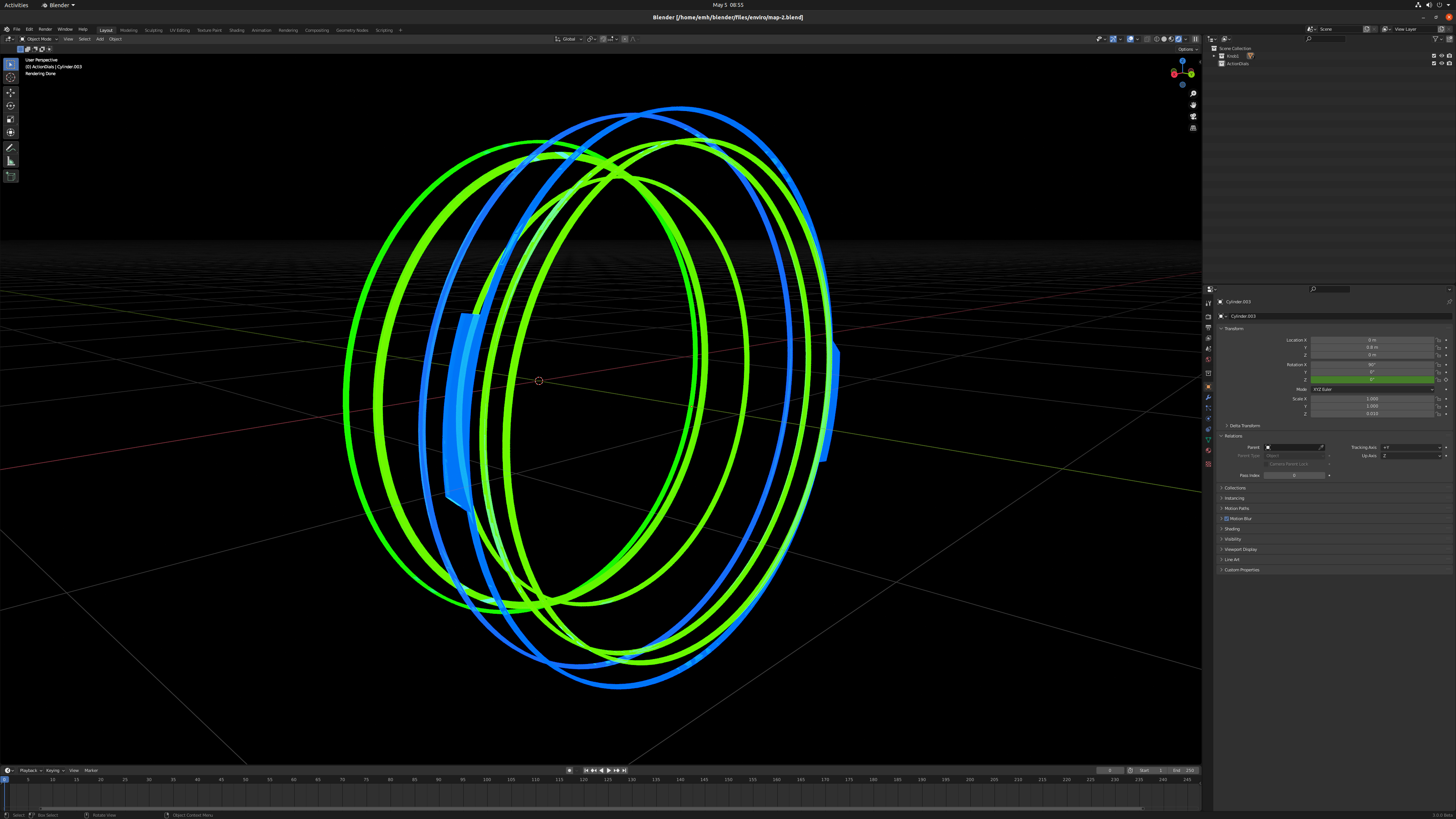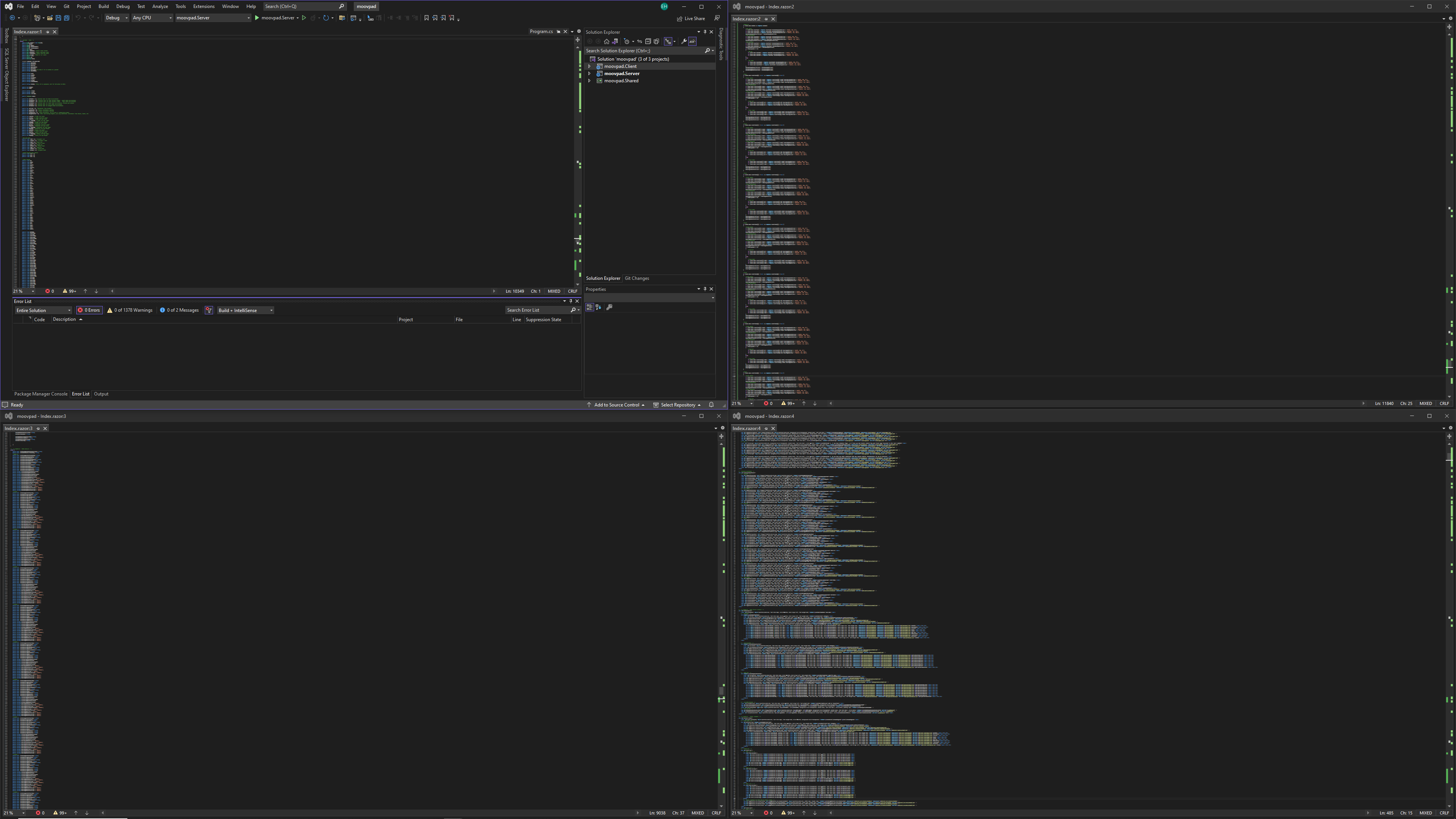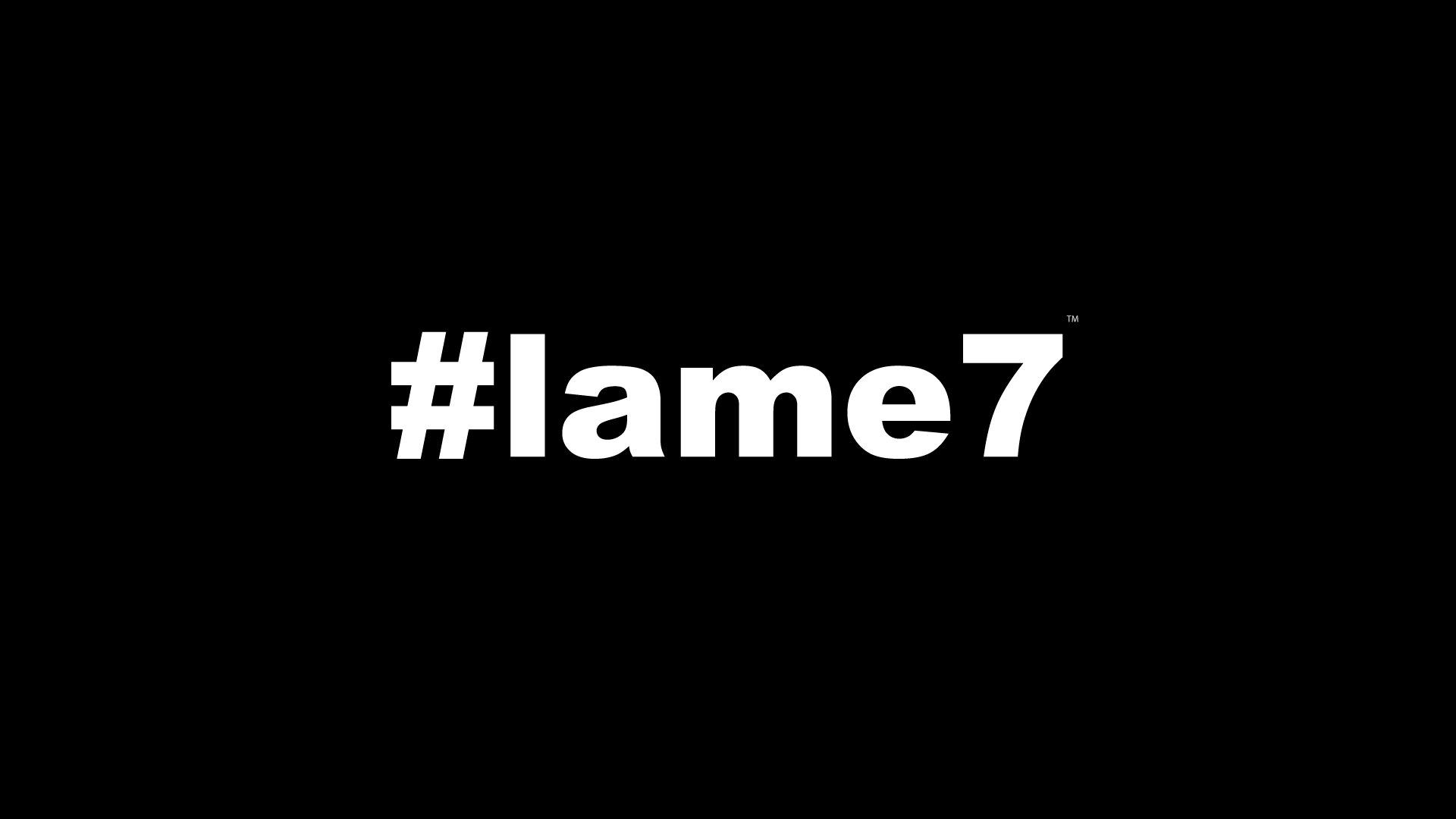How Life Might Change
I've just watched the NVIDIA GTC 2023 Keynote (linked to the left), and saw how the current trends and projects in AI by large companies are set to change our lives in the short-medium term. For example, NVIDIA mentioned working with corporations like Google, Oracle, Microsoft and others, to develop and deploy A.I. in new ways, making it possible for all of us to harness the power of A.I. in our work and creative projects. So what does this mean for the future of things like software development, entertainment industries, scientific discovery, and innovation more broadly?
These are not only important questions, but it's perhaps even more important to come to grips with the implications as soon as we can individually, so we can prepare ourselves and those we care about for a future where tools this powerful change the way we work, interact with one another, and even live our day-to-day. Of course, people will say to me "but E, we already have lots of AI in our lives, what's the difference"? And that's a good question. My answer is that right now, AI is delivered to us as a finished product, whereas this keynote showed how it will soon become a user-self-managed service on a much larger scale.
Imagine sitting at home and you turn to your family and say... "I wonder what the Romans building the Colosseum would have been able to change in it's construction if they had power tools and trucks? And what if the gladiators had better medical treatment, could live longer after battles, and were set free if they healed. And what if those same gladiators then went on to develop gladiator unions to build new roles for themselves and learn new trades or professions, or even became artists... and what if this, or that... OK 'Home All-In-One A.I. System' - show us what that would look like as a movie timeline in 3D... OK great, now that we can see it, please change the behaviour of that specific character next to that building over there so that... actually you know what, just pass control of that character to me on my Z-Cube controller, and give little Sarah control of the character next to mine on her digital floating holographic keyboard, so that she and I can play a little game together with these characters just created, in the virtual world with fictional timelines just created by you (the A.I.) in a matter of minutes.
Think of what that kind of power will mean when it becomes available at home, work, schools... everywhere and always-on mode is enabled. Powered by our imaginations and simple verbal commands. Able to generate entire virtual worlds and manipulate the most minute details, leveraging complex algorithms so easily that young children still learning to put together sentences could still operate it.
Oh, little Sarah wants a unicorn floating through her room? Presto! What does that mean for entertainment?
Thomas just left a meeting with his boss where he just presented the idea he had over dinner last night for a better way of configuring the device their company are developing. Took him a few minutes to put together the entire concept, in 3D, modelled with high precision, saved to the cloud, and then downloaded and presented in a matter of minutes. How does this affect engineering?
Now you guys might say some of these things are still at least 10, 20 or even 30 years away. Perhaps. But it was only 30-35 years ago that having a monochrome screen for the IBM 286 PC and a 5.25" disk holding 1MB of data was seen as revolutionary. That's 1 MB. Now we have phones in our pockets with the power of super-computers from that same era, holding many thousands of times more information. And we complain about there not being enough space because the 50th app we just downloaded over 5G took forever (5 minutes) and needs another 500MB or 1GB to install some files).
Will it be enough in 10 years time to simply be quick, or accurate, or creative... I think we're going to need to turn to being innovative, each of us. That's how we capitalise on the future of A.I and harness it as a tool, rather than missing the wave and being shown up at work by a USB flash drive (if they even have them still).




We're all going to have to get used to continuous learning. Thinking creatively will need to become commonplace from life's earliest stages. Critical thinking too, as well as building the skills needed to 'develop the new'.
In a world where A.I. can or will be capable of doing so many of the tasks we used to think only we humans could ever do... we might need to get a tad more clever 😉
Stay awesome,
EMH

